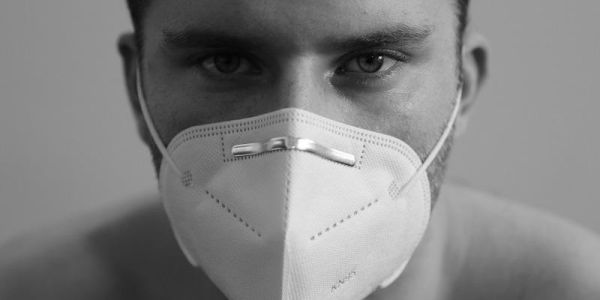
New project is a breath of fresh air for Bradford school kids
University of Leeds researchers are taking part in a new Born in Bradford project with primary school children across the city - to measure levels of pollution and its impact on health.

University of Leeds researchers are taking part in a new Born in Bradford project with primary school children across the city - to measure levels of pollution and its impact on health.

The University of Leeds has secured a £5.4 million grant to identify new techniques for investigating and manipulating the chemical building blocks of life - proteins.

Pollution particles including carbon and metals have been found in the placentas of new mothers.

A major new study has identified 2,085 excess deaths in England and Wales due to heart disease and stroke during the peak of the COVID-19 pandemic.

Scientists have for the first time identified the structure of a protein fibre linked to early-onset type 2 diabetes.

Surgeons could dramatically reduce the risk of infection after an operation by simply changing the antiseptic they use.

Professor Cath Noakes of the University of Leeds was the main scientific consultant to the makers of a new public information film designed to reduce the spread of COVID-19.

A new and quicker method of diagnosing diseases in patients has been created by researchers at the University of Leeds.

Drugs used to treat initial signs of rheumatoid arthritis also improve the early stages of heart disease, according to new research.

Healthcare systems around the world need to develop ways of supporting people in the community who are recovering from COVID-19, say researchers.